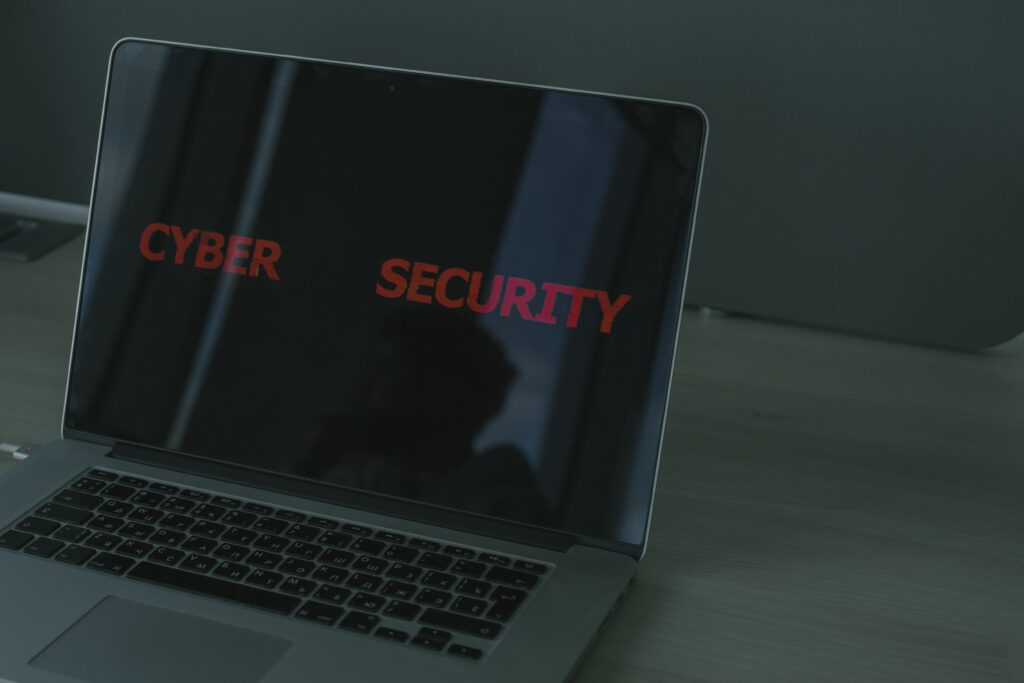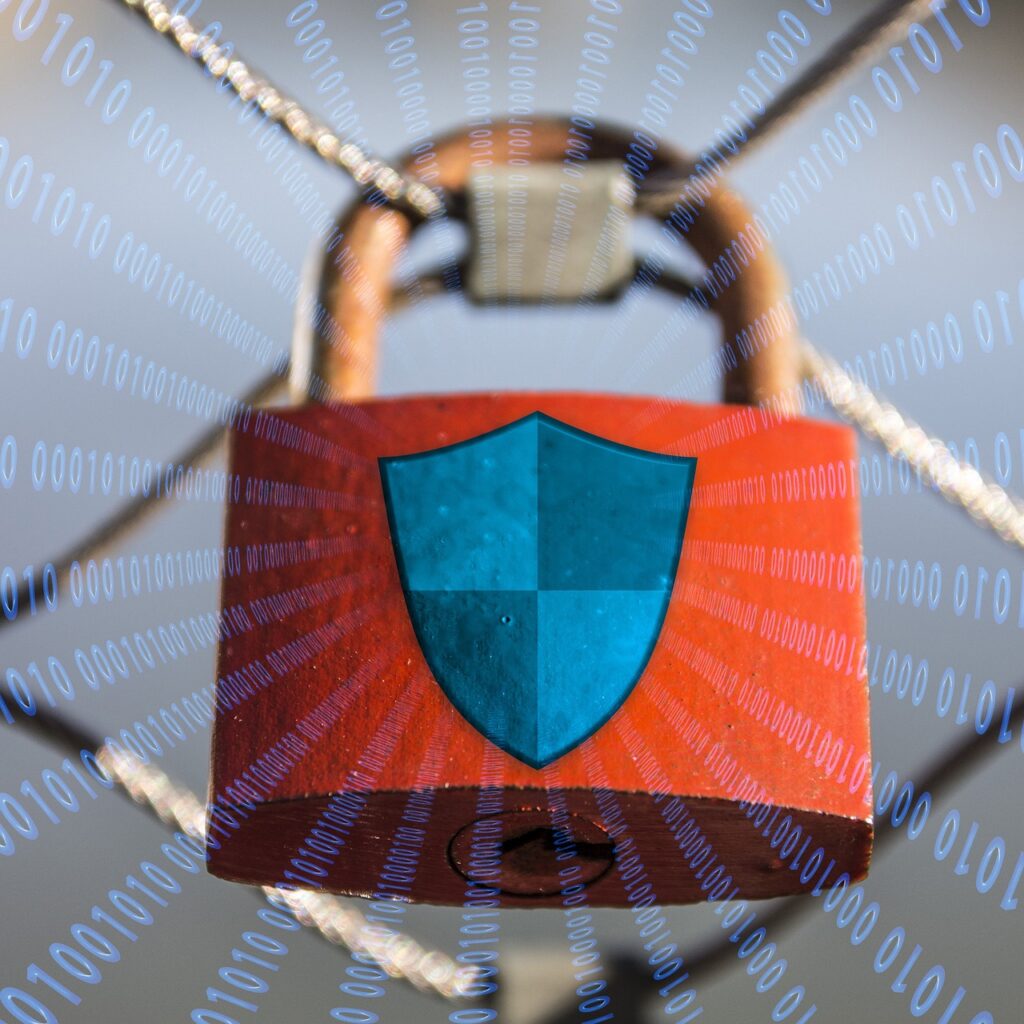In today’s digital age, ensuring the safety of your organization’s digital assets is crucial. With cyber threats evolving at an alarming pace, it’s essential to equip your employees with the knowledge and skills to protect your company’s sensitive information. By providing proper training, you empower your workforce to become the first line of defense against cyber attacks. In this blog, we will discuss five key areas your employees must be trained about to ensure digital safety.

- Recognizing Phishing Attacks:
Phishing attacks continue to be a prevalent threat in the digital landscape. Employees should be trained to identify the warning signs of phishing attempts, such as suspicious emails, unexpected attachments, or unfamiliar senders. Educate them on how to verify the authenticity of emails, use caution with hyperlinks, and avoid sharing sensitive information via email or other unsecured channels. By instilling vigilance and a healthy skepticism, employees can thwart phishing attempts and protect your organization’s valuable data.
- Strong Password Practices:
Weak passwords are an open invitation to cybercriminals. Employees should understand the importance of creating strong, unique passwords and regularly updating them. Encourage the use of complex passwords consisting of a combination of letters, numbers, and symbols. Additionally, promote the use of password management tools to securely store and generate passwords. By emphasizing the significance of strong password practices, you minimize the risk of unauthorized access to sensitive systems and accounts.
- Social Engineering Awareness:
Social engineering is tactic cybercriminals employ to manipulate individuals into divulging confidential information or granting unauthorized access. Train your employees to be cautious when interacting with unknown individuals, whether through email, phone calls, or in-person encounters. Teach them to verify the identity of the person they are communicating with before sharing any sensitive data. By raising awareness about social engineering techniques, employees can better safeguard themselves and your organization against such threats.
- Data Protection and Privacy:
Data breaches can have severe consequences for businesses, including financial losses and damage to reputation. Educate your employees about the significance of data protection and privacy. Teach them the proper handling of sensitive data, including encryption, secure file sharing, and secure data disposal practices. Make sure employees understand the importance of complying with relevant data protection regulations and company policies. By fostering a culture of data privacy, your employees will play an active role in safeguarding your organization’s valuable information.
- Secure Remote Work
The COVID-19 pandemic has led to an increase in remote work, making it crucial to educate employees about secure remote practices. Provide training on using secure virtual private network (VPN) connections, secure Wi-Fi networks, and the importance of keeping devices and software updated. Emphasize the need for regular backups and secure cloud storage for remote work files. By equipping employees with the knowledge to maintain secure remote work environments, you mitigate the risks associated with remote access vulnerabilities.
Conclusion:
Digital safety is a collective effort that starts with well-trained employees. By investing in comprehensive training programs, you empower your workforce to become the first line of defense against cyber threats. The five key areas discussed in this blog – recognizing phishing attacks, strong password practices, social engineering awareness, data protection and privacy, and secure remote work – form the foundation of digital safety for your organization. By ensuring your employees are well-versed in these areas, you can significantly enhance your company’s overall security posture and protect sensitive data from falling into the wrong hands.

